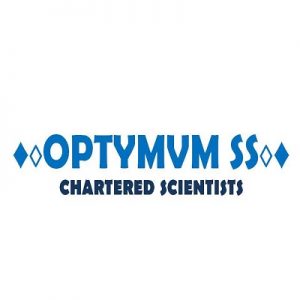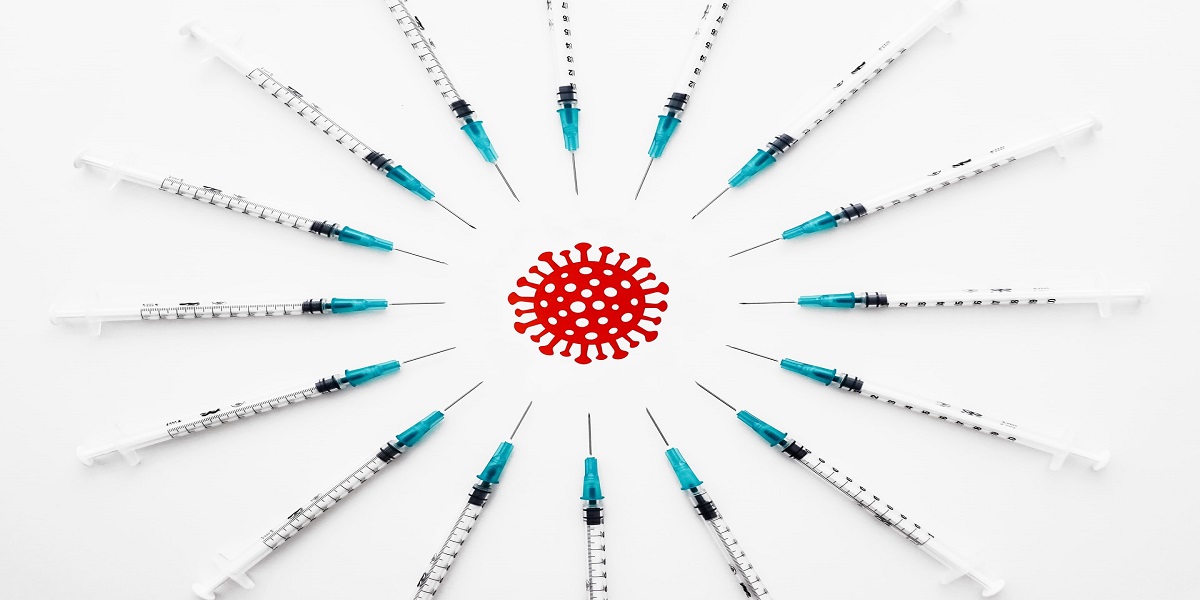Reading Time: 3 minutes
Drug development is experiencing a surge in medical innovation, which is being driven by ground-breaking new biological Covid-19 vaccines development, a technological transformation, and an unparalleled desire to collaborate on research around the world. Several factors have contributed to this ‘Bio Revolution,’ including significant advances in processing power, new capabilities in artificial intelligence (AI), automation, and data analytics. In-silico testing (computational drug discovery) and gene-editing techniques such as CRISPR and genome sequencing are among the most promising aspects of the field, with the ability to treat and perhaps cure diseases that have previously been intractable being among the most intriguing.
Drug interactions with their targets, as well as the fine-tuning of dosing regimens, are critical in the development of new medications, including vaccines, and vaccine development. This is accomplished mostly through the use of in vitro screening studies (also known as bioassays), which are labour-intensive, expensive, and time-consuming. Experimental procedures are insufficient for investigating novel drug-target interactions primarily due to feasibility issues. It has been decades since the development of a computational field known as “virtual screening,” which has been used to enhance experimental drug discovery investigations by statistically assessing unknown bio-interactions between medicines and their biological targets. These methods develop prediction models based on the physico-chemical and structural features of medications and/or target proteins, as well as experimentally verified biointeraction information, which is gathered from many sources. In ‘virtual screening,’ sophisticated machine learning algorithms are used to improve the prediction performance of the results.
The creation of the highly promising Covid-19 vaccine by Pfizer-BioNTech and the Moderna vaccine only about a year after the global pandemic began late in 2019, is a remarkable demonstration of the increasing wave of innovation in the industry.
Researchers in China revealed the first coronavirus genome in January 2020, and the genetic map was made freely available to the public all around the world following publication of the genome. Afterwards, researchers and labs began publishing the genetic sequences of the virus that causes Covid-19 on the internet. According to Soumya Swaminathan, chief scientist of the World Health Organization (WHO), this sharing multiplied at an unprecedented rate, resulted in a deluge of data science which he dubbed a “game-changer.” Scientists have credited this quick advancement to what has been dubbed “scientific globalism,” a trend toward open science that has seen pre-print servers and specialised internet platforms utilised by scientists to discuss their results. The epidemic has also accelerated the creation of multilateral partnerships, which are collaborative coalitions involving pharmaceutical companies, government and regulatory agencies, non-governmental organisations, and academia, among other parties. Particularly notable is the collaboration between biotech companies conducting cutting-edge research and huge pharmaceutical corporations with the reach and ability to manufacture vaccines on a broad scale. For example, pharmaceutical giant Bayer will enter the vaccine arena for the first time in its 158-year history, leveraging its expertise and infrastructure as it partners with CureVac to produce the company’s mRNA vaccine. Bayer will leverage its expertise and infrastructure as it partners with CureVac to produce the German biotech company’s mRNA vaccine.
Without a question, the collaboration and adaptability that were demonstrated during the pandemic will be critical in overcoming public health concerns in the future. Questions such as ‘Will we be able to cure cancer in the future?’ and ‘When will we be able to effectively treat neurodegenerative disorders such as Alzheimer’s or Parkinson’s?’ are frequently asked in the healthcare field. These are only a few of the significant difficulties that medicine will have to deal with in the future. According to a recent assessment by McKinsey & Company, the ‘Bio Revolution’, fuelled by recent developments like as CRISPR gene editing and stem cell advances to reprogramme cells, has the potential to alleviate 45 percent of the world’s present disease load. A more rapid transition from ideas to products and from product development to market entry should become the benchmark for medical innovation in the future. In the face of challenges like the present Covid-19 pandemic, it is critical to speed the development of highly innovative treatments and cures, not only for those who are directly impacted by disease but also for the benefit of society as a whole.
There can be little doubt that one of the most important lessons learned from the Covid-19 pandemic is that medication development in the future will be dependent on both individual research and worldwide collaboration across the pharmaceutical and biotechnology industries.
 About The Author: Optymum SS is a networked, international pipeline-organisation of chartered scientists and certified laboratories. UK Chartered Scientists represent the best professional scientists working in the UK and abroad. We utilise our innovative business model to support the provision of the best, most cost-effective solutions to challenges within the broad life sciences –advancing well-being and quality of life. For more information about working with us or joining our partnership, please get in touch.
About The Author: Optymum SS is a networked, international pipeline-organisation of chartered scientists and certified laboratories. UK Chartered Scientists represent the best professional scientists working in the UK and abroad. We utilise our innovative business model to support the provision of the best, most cost-effective solutions to challenges within the broad life sciences –advancing well-being and quality of life. For more information about working with us or joining our partnership, please get in touch.

